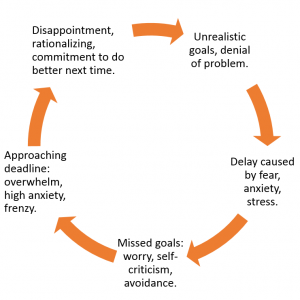A reader submitted this question:
I have a colleague who often says, “Legal writing is weak.” He has never elaborated, so I’m wondering, in the context of analytical legal writing for a memo or brief, what does this mean? What makes legal writing “weak”?
Here’s my response.
“Weak” is a vague description, but it’s typical of the way we describe writing. We have a feeling that something isn’t good or strong, but we aren’t always able to articulate why. So I’ll try to be specific. (Obviously, a document with grammar and punctuation errors is weak. Let’s put those kinds of errors aside.) When I read legal writing I consider “weak,” here are the most likely causes—often many of them are present.
Over-hedging. Failing to come to a concrete conclusion or recommendation. Overusing phrases like to some extent, it is likely that, in most circumstances, it might be the case that, and so on. Overusing the stereotypical qualifying words: appears, basically, essentially, generally, might, maybe, perhaps, primarily, probably, seems, slightly, somewhat, and virtually.
Passive voice when active is more appropriate. The emails were deleted. (By whom?) Or The emails were deleted by Rogers instead of Rogers deleted the emails. Passive voice isn’t wrong, but it obscures or hides actors and is longer than the active voice.
Over-nominalized writing. Heavy use of nouns when verbs would be more vigorous. Make a payment instead of pay. Or The company achieved project completion instead of The company completed the project.
Over-formality. Big words when small ones would do. The company completed the project instead of The company finished the project. Or Cramer utilized the data reflected in the report instead of Cramer used the data shown in the report.
General wordiness. Prior to for before, subsequent to for after, with regard to for about, in connection with for for, and so on. Closely related to over-formality.
Overuse of be verbs. Beginning too many sentences with there is, there are, there were, it is, it was, and similar constructions.
More to come.


